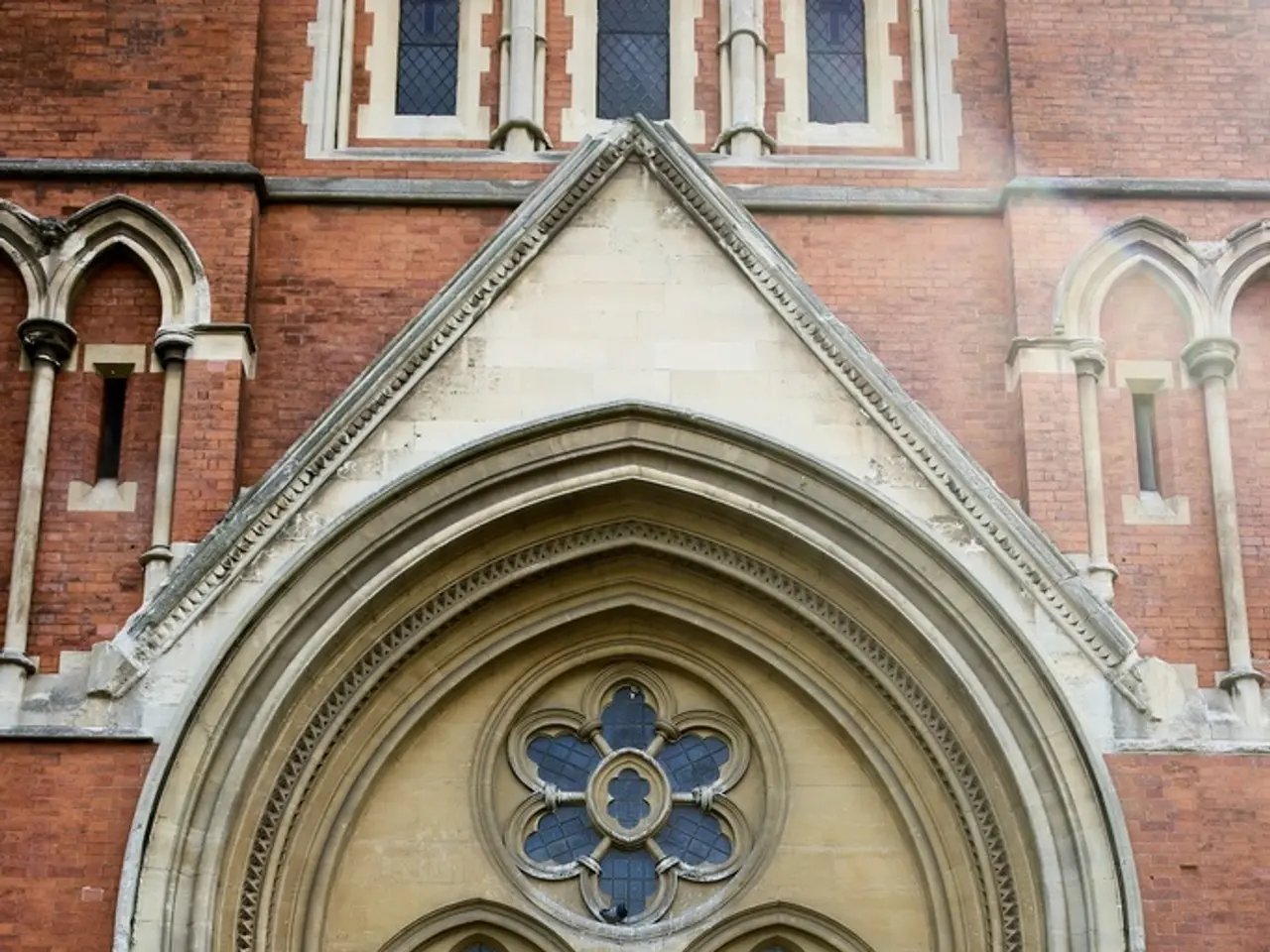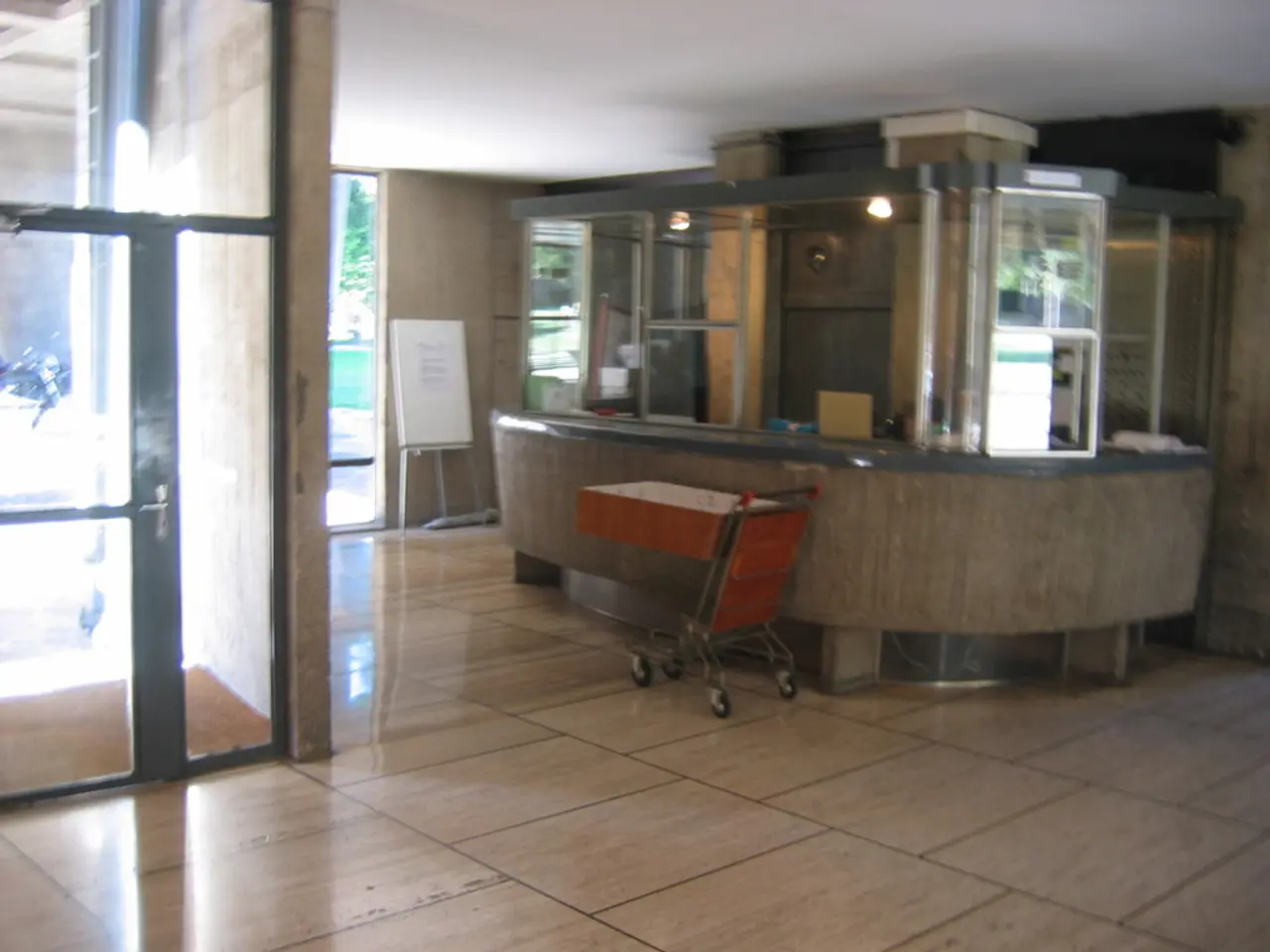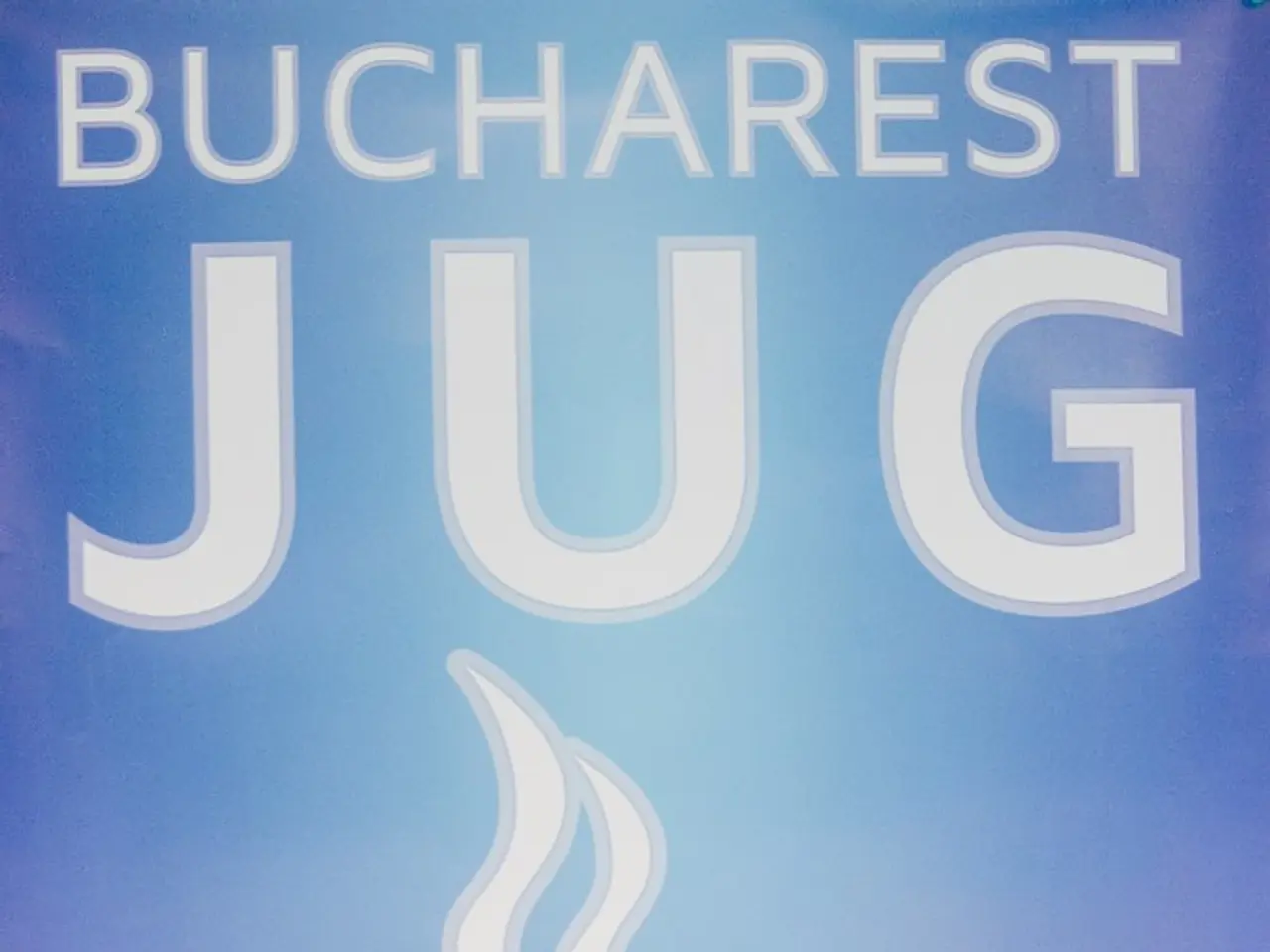Ford affirms that the anticipated EV battery plant in Michigan is proceeding in line with the required production eligibility for tax incentives.
The recent U.S. tax and budget bill, commonly known as the "Big Beautiful Bill" or Trump's $3.4 trillion fiscal package signed on July 4, 2025, has brought significant changes to the electric vehicle (EV) industry. The legislation includes updates to production tax credits for EV battery plants, which have been clarified and broadened to support domestic production.
One of the key beneficiaries of these changes is Ford's $3 billion battery plant in Marshall, Michigan, which is now "on track to qualify" for these credits. This certification is crucial for offsetting costs and making EV production financially viable.
The bill has relaxed restrictions on licensing technology from foreign firms, such as Chinese battery giant CATL, allowing plants like Ford’s Marshall facility to use lithium-iron-phosphate (LFP) battery technology licensed from China. Earlier drafts of the bill had blocked such licensing due to concerns about foreign entities.
The legislation also supports the production of more affordable EVs, targeting models priced under $30,000 using lower-cost LFP batteries to accelerate mainstream EV adoption. Furthermore, production tax credits now apply to facilities beginning construction up to 2033, with a phase-down schedule thereafter as per broader clean energy tax credit rules.
While the bill has ended federal tax credits for new, used, and leased electric vehicles as of September 30, separate production tax credits for battery plants remain vital for the domestic EV supply chain and manufacturing incentives. Ford, for instance, believes that its Marshall plant will qualify for these credits due to the recent changes in tax and budget rules.
Ford's plant in Marshall is a "win for our customers" and a "win for American competitiveness," according to the company. The plant is expected to employ 1,700 workers and is scheduled to begin producing batteries in 2026.
The tax and budget legislation also revised the rules to prohibit Chinese companies from eligibility for production tax credits, ensuring a more secure domestic EV supply chain. Additionally, it eliminates penalties for failing to meet Corporate Average Fuel Economy shortfalls, making it easier for automakers to build gas-powered vehicles alongside their EV initiatives.
Last year, Ford's Michigan electric vehicle battery plant received a reduced incentive package from Michigan due to a decrease in expected production to match slowing demand for electric vehicles. Despite this, the plant remains a significant step forward in the U.S.'s push towards a more sustainable and competitive EV industry.
Technology from foreign firms, particularly Chinese battery giant CATL, is now more accessible for domestic EV production with the relaxation of licensing restrictions as part of the Big Beautiful Bill. The legislation supports the use of lower-cost lithium-iron-phosphate (LFP) batteries for sports cars priced under $30,000, enabling more affordable electric vehicles and accelerating mainstream EV adoption.




